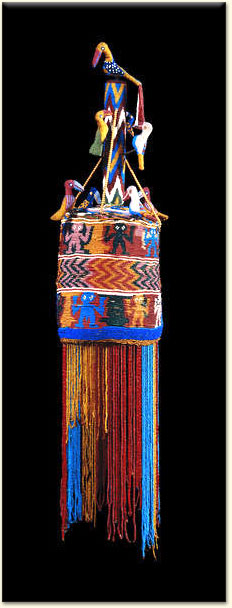If you read Sun Tzu, read it as a manual and history of war in his time. Reading it as a business book or an self-improvement book is goofy... unless you realize that one type of human behavior spills over into others, and vice-versa, seeing that behaviors are based on the same basic human consciousness.
One thing to get from Sun Tzu is how war has changed. In antiquity, armies were smaller and their sizes were more precisely delimited: one had to own a sword or a horse or be a mercenary; one did not just grab 16 year old boys and slap them into uniform. Furthermore, even if all males were under arms, the nations were much smaller, and the arts of war took a long time to learn and practice took years.
Modern times lead to the nation state and industrialization: swords - and other more horrendous weapons - could be supplied liberally to all, the knowledge and wiles and arts of war became less esoteric and were able to be learned in a short time, and the entire male population essentially became potential soldiers, vastly expanding the number of combatants.
Whereas for Sun Tzu there was a premium for Speed, Cunning, and Craft, in the eras of Industrial War we see a ponderous slowness, a dismal stupidity, and inability to communicate intelligence... (and an inability to make intelligence known is equivalent to having a TBI, Traumatic Brain Injury, where the "central brain" cannot function properly.)
In fact, the entire process of colonialization which came to an end within my lifetime was a paradigm of the Insanity which yet plague us: Britain may have acquired an Empire through cunning force of arms, but that same cunning fighting skill is inept to statically hold the far possessions. For all Britain's good intentions, the end of Empire was not benign.
Violence -if it be done - is best done according to the way Sun Tzu describes: like a cunning surgery; letting it move and compel with vicious sloth - as did World War I - and encumber the planet with misery is a self-defeating proposition.
It is good to amass the powers of nations for good, yet understand in the history of war how we must find another way to deal with our evil impulses. We cannot continue to let good fight evil with increasingly subtle and lethal technology, for the wounds inflicted may exceed the levels of our healing technologies, since there is no guarantee those iatric (healing) skills progress at the same speed and momentum as the skills of trauma.
The knowledges of both angels - our better ones and our worst - need be balanced. We are presently engaged in wars ( I use the plural "wars"... in these times, "war" in the singular is an archaic word) which drag on for years and years and cover nations and cross borders. Trophy kills are not a measure of success; the fact that we use them so is a measure of our futile pursuits.
To whose benefit are such behemoth wars, moving with their loathsome strides into what was once our future, and which has now been bargained off like a mess of pottage to ensure our deceptive sense of security against the religious beliefs of a pack of scoundrels?
--
Subscribe to:
Post Comments (Atom)

















No comments:
Post a Comment